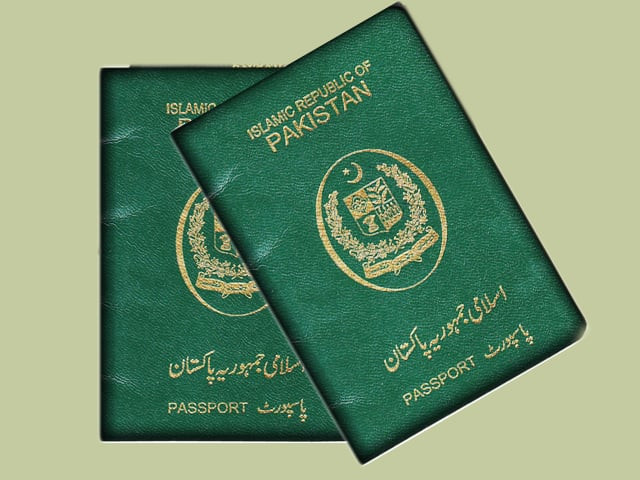No Missile Transfer to Iran, Claims Pakistan
Introduction
In a recent turn of events, Pakistan has categorically denied all allegations regarding the transfer of ballistic missiles to Iran. These claims, circulating primarily through foreign media and unofficial sources, have sparked a new wave of speculation and misinformation. The Pakistan Foreign Office issued a firm statement refuting any involvement in such military dealings, labeling the reports as baseless and misleading.
This blog delves deep into the ballistic missile controversy between Pakistan and Iran, examines regional implications, and outlines Pakistan’s official stance in the context of diplomatic and defense relations.
Background: The Allegations and Media Buzz
Reports emerged in early June 2025 suggesting that Pakistan might have supplied ballistic missile technology or components to Iran. Various defense analysts and commentators hinted at a possible arms deal—further fueling geopolitical tensions in the Middle East and South Asia.
The alleged Iran-Pakistan missile link quickly became a trending topic across news outlets, with terms like “Pakistan Iran missile news,” “missile export denial,” and “Iran arms deal rumors” gaining traction.
Pakistan's Official Response
Strong Denial by the Foreign Office
The Pakistan Foreign Office released an official statement on June 10, 2025, firmly denying all claims:
"Pakistan categorically rejects the baseless allegations regarding the supply of ballistic missiles or related technology to any country, including Iran."
This statement reiterated Pakistan’s longstanding policy against arms proliferation and its compliance with international regulations, including the Missile Technology Control Regime (MTCR).
Diplomatic Clarity
According to Islamabad missile statements, there has been no military export or weapons transfer to Iran. The government emphasized its commitment to regional peace and security, rejecting any role in escalating tensions through missile diplomacy.
Understanding the Ballistic Missile Controversy
What Sparked the Accusations?
The controversy began when satellite images and military movement reports in Iranian territory indicated the presence of new ballistic missile components, supposedly of foreign origin. Unverified sources linked the origin to Pakistan, without any credible evidence.
This led to speculation regarding a Pakistan-Iran arms deal and claims of increased military ties between Pakistan and Iran—despite no official records of such cooperation.
The Role of Misinformation
Much of the controversy can be attributed to misinformation and politically motivated narratives. The timing of these allegations coincides with heightened tensions in the Middle East, where global powers are closely monitoring Iran's defense procurement strategies.
Regional & International Reactions
India’s Concern
India, being a regional rival of Pakistan, expressed concern over the rumors. Indian media amplified the reports, referring to them as a potential "missile supply threat" to South Asian stability.
Global Community’s Stance
While Western nations have not officially commented, several analysts warn that false missile supply allegations can disrupt regional diplomacy and bilateral relations—especially when involving countries like Pakistan and Iran, which already face geopolitical scrutiny.
Pakistan’s Arms Export Policy
Pakistan maintains a transparent and regulated defense export policy, strictly in line with UN resolutions and international treaties. The country is known for its non-interference policy and has never been found in violation of arms control norms.
This policy underlines the Pakistan military export news updates and supports the Foreign Office’s position in denying missile transfer to Iran.
Iran’s Position on the Controversy
No Official Confirmation
As of mid-June 2025, Iran has not confirmed any missile transactions with Pakistan. In fact, Iranian defense officials have avoided making direct comments, further indicating that the entire episode might be fabricated or exaggerated.
Focus on Domestic Development
Iran continues to claim that its ballistic missile technology is the result of indigenous development, not foreign imports. The country is known to prioritize self-reliance in weapons manufacturing, especially in light of long-standing international sanctions.
Impact on Regional Security
False or unverified allegations about missile trade can disrupt fragile peace in South Asia and the Middle East. The regional missile tension is already high due to ongoing conflicts in the Gulf region, and controversies like this can hinder diplomatic progress.
Why It Matters
-
Misinformation can lead to diplomatic fallout
-
Undermines efforts for regional cooperation
-
May impact defense and foreign policy decisions
Conclusion: Facts Over Fear
The ballistic missile controversy involving Pakistan and Iran appears to be based more on speculation than substance. Pakistan has strongly denied any involvement, and there is no verifiable evidence to support the claims. Iran, too, has stayed silent, indirectly refuting the possibility of a foreign supply.
In times of information overload and propaganda, it's crucial to focus on verified facts and official records. Both Pakistan and Iran face enough challenges on the diplomatic front—adding unfounded missile rumors only fuels unnecessary tension.



.jpg)
Comments
Post a Comment